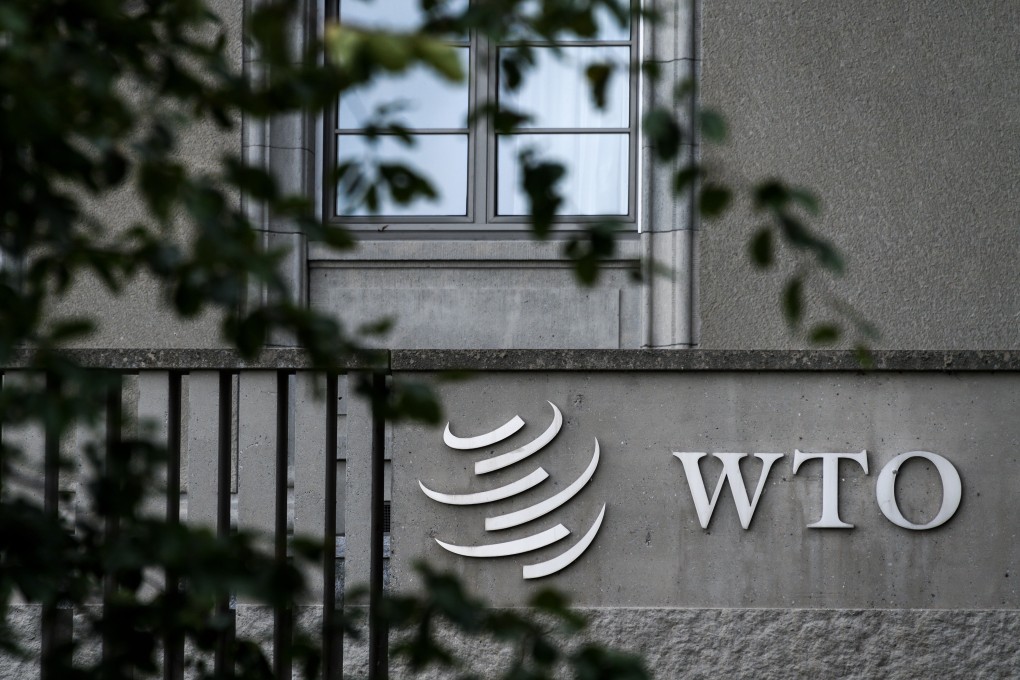Editorial | China’s success since joining the WTO makes decoupling distinctly unrealistic
- Beijing joined the trade organisation because it accorded with domestic reforms envisioned at the time by state leaders. Today the titans of Wall Street are doubling down on their Chinese exposure as China is further encouraged to reform its economy

In less than a decade, China’s exports grew by six times while its imports by almost five-fold. Today, it is the world’s largest economy as measured by purchasing power parity and second-largest at market exchange rates. It is the largest trading partner with 120 countries, including the US. China is arguably more enmeshed in the global trading system. Given such statistics, “decoupling” that is being promoted by some US politicians still trapped in a Cold War mentality seems distinctly unrealistic.
That’s also why the WTO is still highly respected in China. More people – about half a billion – have been lifted out of extreme poverty because of China’s economic take-off than any other time in history.
When it comes to the country and the WTO, though, the dominant Western narrative, led by Washington, is that Beijing often flouts international norms, including the organisation’s rules. This is more than disingenuous. China’s record is better than often acknowledged, though this does not mean it has been a free-trading saint. The country has mostly adhered to the letter, if not always the spirit, of the WTO accession protocols. Perennial complaints about a vast array of subsidies for domestic industries hinge a lot on the status of China as a developing country, a classification which grants exemptions to some key WTO trading rules and standards.
Criticism about opaque customs procedures and undeclared trade bans or sanctions may be more justified. But in these, Western countries – especially the US – are hardly exemplary. In any case, the protocols lasted only 10 years. To stay relevant, the WTO needs to update its rules to meet rapidly changing conditions in the 21st century, not just for China but the global economy. At the moment, it sometimes functions little better than a trade dispute arbitrator.
